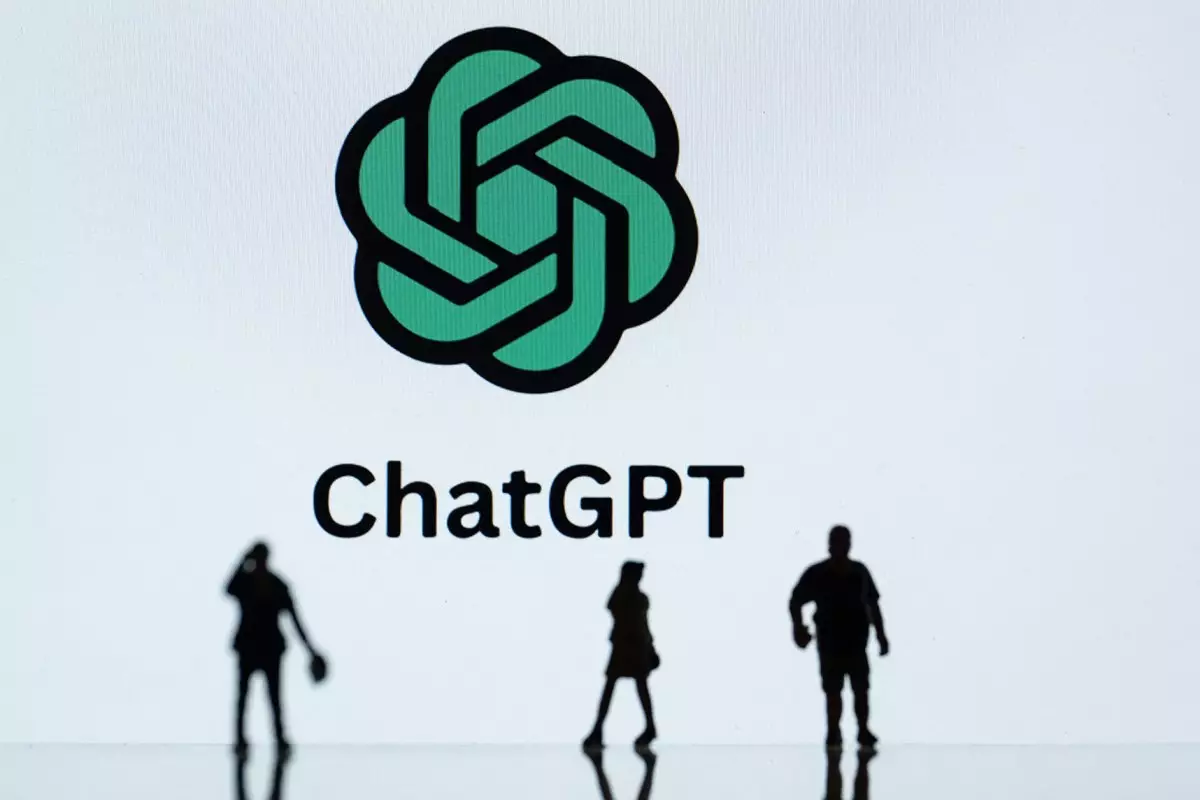In a significant move that reflects the ongoing evolution of AI interactions, OpenAI has removed the warning messages that previously accompanied ChatGPT’s responses, indicating potential violations of the platform’s terms of service. This decision, articulated by members of OpenAI’s AI model behavior team, aims to reduce what they describe as “gratuitous/unexplainable denials,” thus altering how users engage with the chatbot. The transition from a heavily moderated interface to one that encourages free use signals a notable shift in the company’s approach to user experience and content navigation.
The implications of removing these warnings are far-reaching. Laurentia Romaniuk, a key figure on the AI model behavior team, emphasized that the change would allow users to employ ChatGPT without unnecessary restrictions, as long as they operate within legal boundaries and avoid harmful requests. Meanwhile, Nick Turley, ChatGPT’s head of product, expressed enthusiasm about lifting the constraints, hinting at a newfound freedom in user interactions. However, the absence of warnings does not equate to an unrestricted platform; ChatGPT will still navigate sensitive topics cautiously, steering clear of explicitly false claims or dangerously misleading queries.
Some platform users, especially on social media platforms like X, have welcomed this decision, interpreting it as a reduction in censorship and an expansion of discourse possibilities within the chatbot framework. This change particularly resonates with those who have previously perceived ChatGPT as overly filtered, especially regarding discussions surrounding sensitive subjects such as mental health and adult themes. With this operational shift, the idea of an “Adult mode” in ChatGPT has emerged, which highlights a more permissive stance toward topics that were once strictly regulated, allowing for roleplaying scenarios and soft-erotic content.
Political Context and Criticism
The decision to modify the chatbot’s interactions appears, in part, to respond to political discourse surrounding AI’s role in societal discussions. Critics, including prominent figures like Elon Musk and David Sacks, have accused AI systems of enforcing a “woke” ideology. This backlash, particularly from conservative factions, has added pressure on companies like OpenAI to reconsider their moderation policies, ensuring that various viewpoints can be expressed rather than stifled. The updated Model Spec now acknowledges this directive, indicating a willingness to embrace diverse opinions on sensitive matters.
Importantly, the flexibility granted by this adjustment raises essential questions regarding content responsibility, particularly concerning younger audiences who may access ChatGPT. The need for appropriate safeguards remains paramount, as the blend of unrestricted content with AI interactions necessitates a careful approach to ensure that the chatbot remains a safe and constructive resource. OpenAI’s challenge will, therefore, be to balance freedom of expression while still prioritizing user safety and responsible content creation.
The recent changes in ChatGPT’s messaging approach symbolize a broader trend towards increased freedom in AI interactions, heralding a more open dialogue on various topics. As users adapt to the new landscape devoid of previous constraints, the responsibility falls on both OpenAI and its users to navigate this terrain thoughtfully. The transition promises to enrich user experiences while simultaneously demanding a heightened awareness of the implications inherent in AI-generated conversations.

